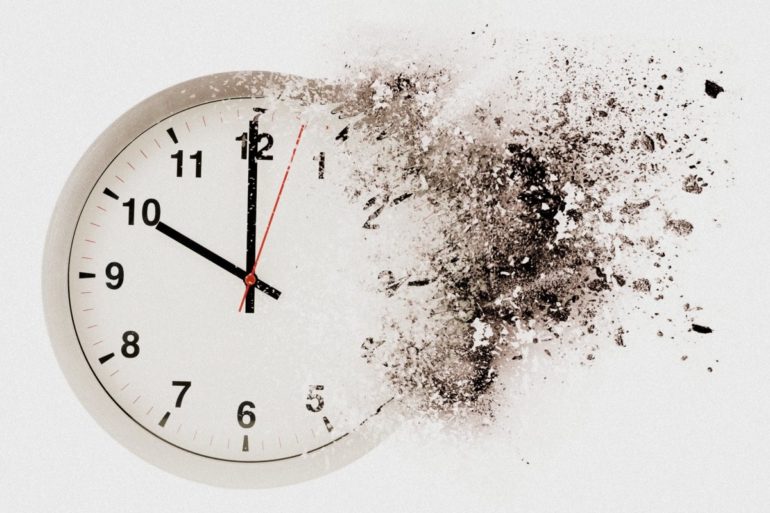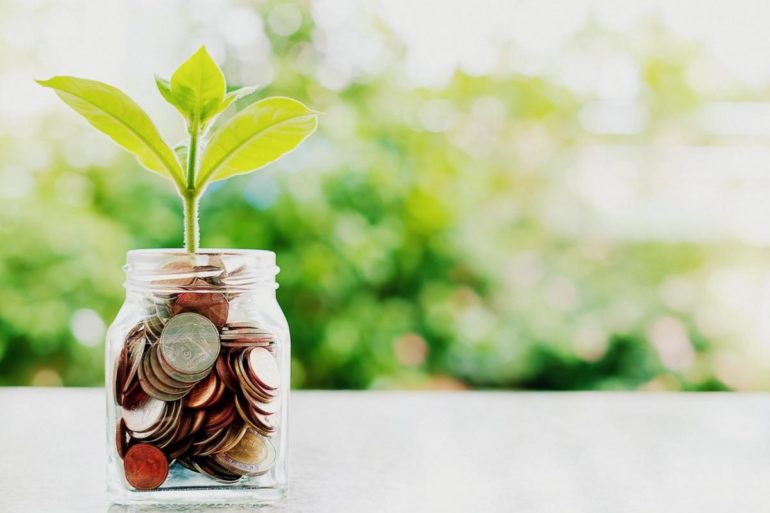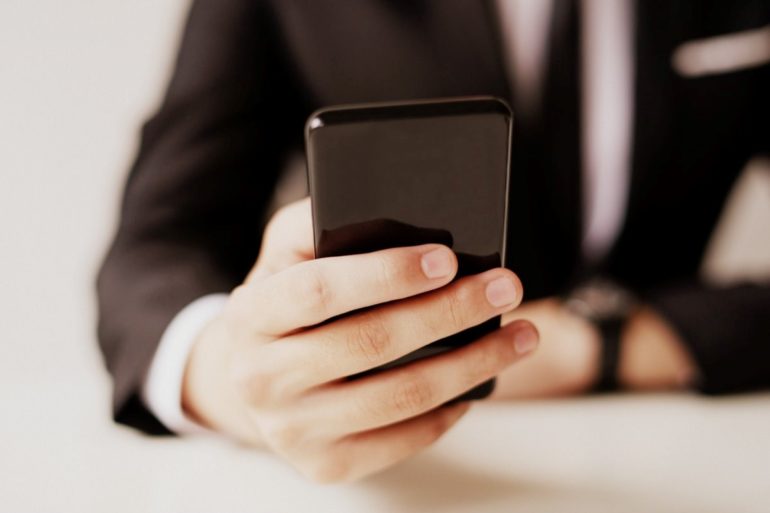Maintaining an interest in the goals you pursue can improve your work and reduce burnout, according to research from Duke University.
Multitaskers who think they can successfully divide their attention between the program on their television set and the information on their computer screen proved to be driven to distraction by the two devices.
It's a huge limiting belief to assume that going faster means you’re doing something wrong and creating too much stress.
Backpackers scored 50 percent better on a creativity test after spending four days in nature disconnected from electronic devices, according to a study by psychologists from the University of Utah and University of Kansas.
Students, athletes and performing artists are often advised to imagine themselves performing successfully. But is that motivation influenced by what perspective they take when imagining their performance?
Research shows that how people view their abilities in the workplace impacts how they respond to success.
The color red can affect how people function: Red means danger and commands us to stop in traffic.
Lying about performance on one task may increase creativity on a subsequent task by making people feel less bound by conventional rules, according to research.
Most people believe they can multitask effectively... but a study indicates that people who multitask the most are least capable of doing so.









